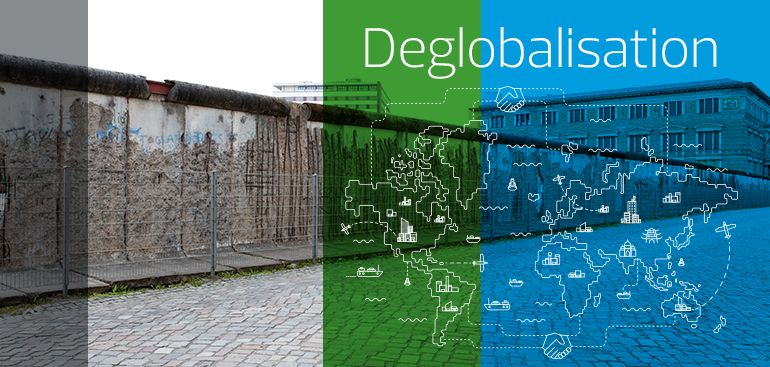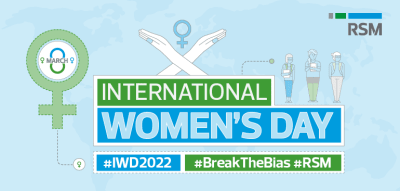
Globalisation, which flourished in the early 2000s, has been ailing since the financial crisis of 2008. Its status has become so critical that, in recent months, many economists have been predicting its final, and to some inevitable, demise.
Globalisation promises an interlinked world where trade flows freely, pushing down prices for consumers and unlocking new routes to growth for emerging markets. Just as consumers are exposed to companies globally through the internet, so will businesses operate across national borders. Yet this vision of the world is now coming under closer scrutiny than ever.
The UK’s decision to leave the European Union has challenged a host of free trade deals and threatens to cut London’s financial services sector off from the rest of Europe, but deglobalisation is also gaining traction globally.
In recent weeks, tens of thousands of anti-globalisation protestors gathered across Germany to demonstrate against both the Transatlantic Trade and Investment Partnership (TTIP), the EU and US’ plan to create the world’s largest free trade market, and TTIPs ‘little sister’, CETA, which involves Canada and the EU. The protestors argued that the deals would lead to the exploitation of people by businesses, and the rewriting of European social and environmental standards.
A few days ago, the UK Shadow Chancellor, John McDonnell said:
“There will be no more support for TTIP or any other trade deal that promotes deregulation and privatisation, here or across Europe…The winds of globalisation are blowing in a different direction. They are blowing against the belief in the free market and in favour of intervention.”
In the US, the Trans-Pacific Partnership (TPP) faces similar issues. The proposed deal, which would encompass Australia, Brunei, Canada, Chile, Japan, Malaysia, Mexico, New Zealand, Peru, Singapore, Vietnam and the US (around 40 per cent of global GDP), has faced political opposition from both Hillary Clinton and Donald Trump. The US, which for decades sought to liberalise the global economy, is less willing to pursue the free trade agenda.
Similarly, the base erosion and profit shifting (BEPS) plan to create a single consistent global tax standard under the watch of the G20 and the OECD, has hit major road blocks. Despite good progress defining how multinational businesses should report tax, disagreements between national governments have left businesses of all sizes more uncertain than ever.
One such disagreement has been the European Commission’s (EC) recent ruling that Apple has benefitted from unfair state aid In Ireland, to the tune of €13 billion. The US Treasury has deemed the move an attack against US multinationals in Europe, while the EC argues that US multinationals are stifling competition. Both parties have thrown their support behind BEPS, but the confusion for businesses is worse than ever.
So, what does it mean to have global ambitions amidst this wave of deglobalisation? Despite a diverse range of arguments and clear political momentum, it is simply no longer possible to wind the clock back completely. The modern age is built on digital infrastructure which brings individuals and businesses from around the world closer than ever before. We are each bumping shoulders with individuals and institutions based hundreds of miles away on a daily basis. For the time being at least, global ambition require a great deal of local expertise.







